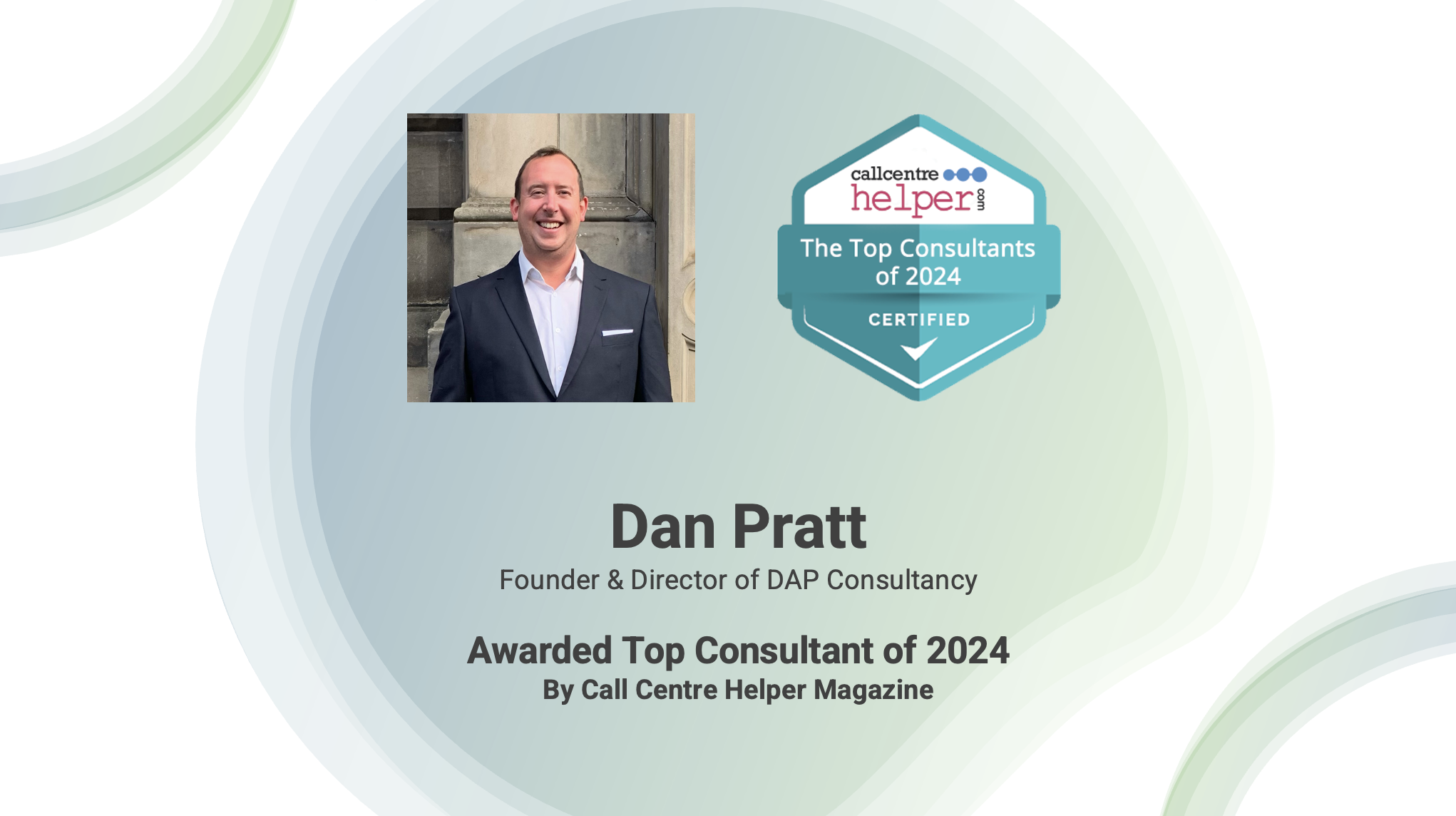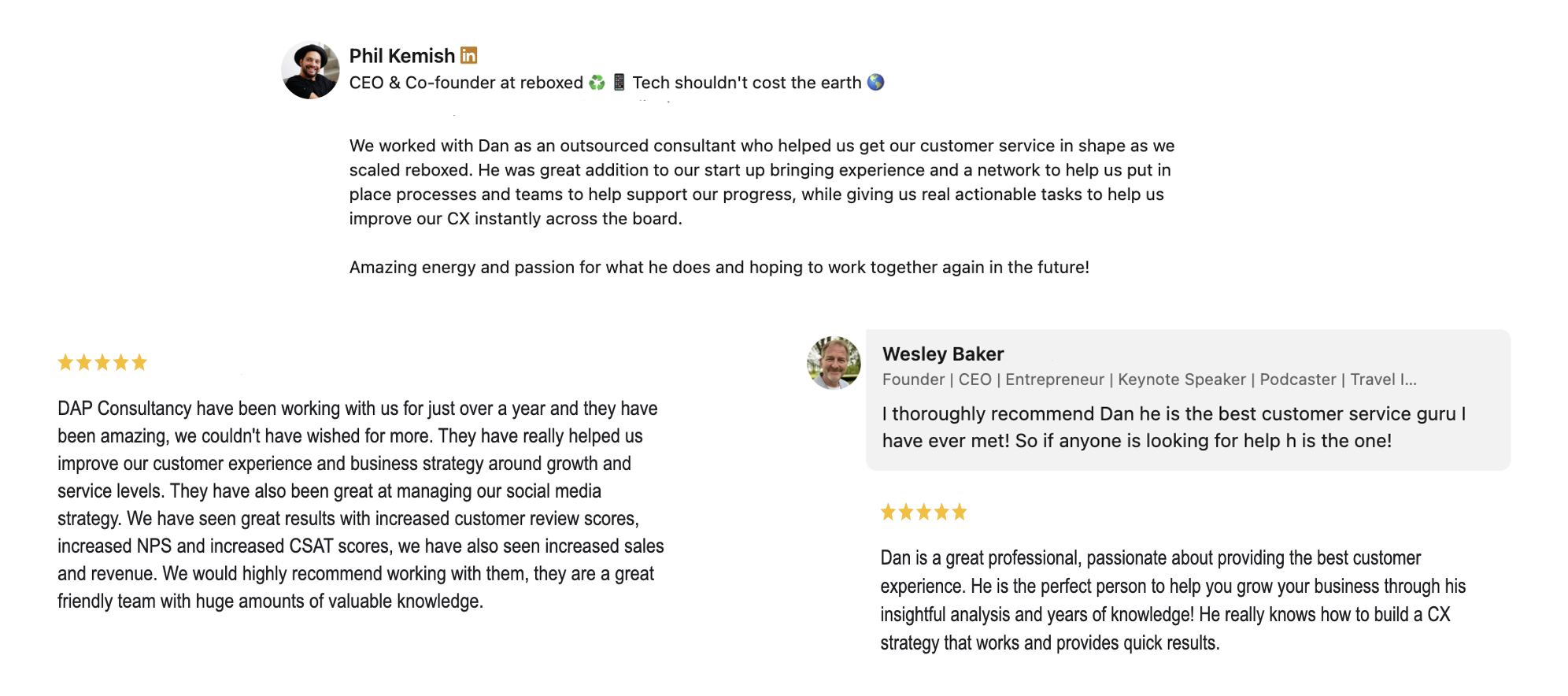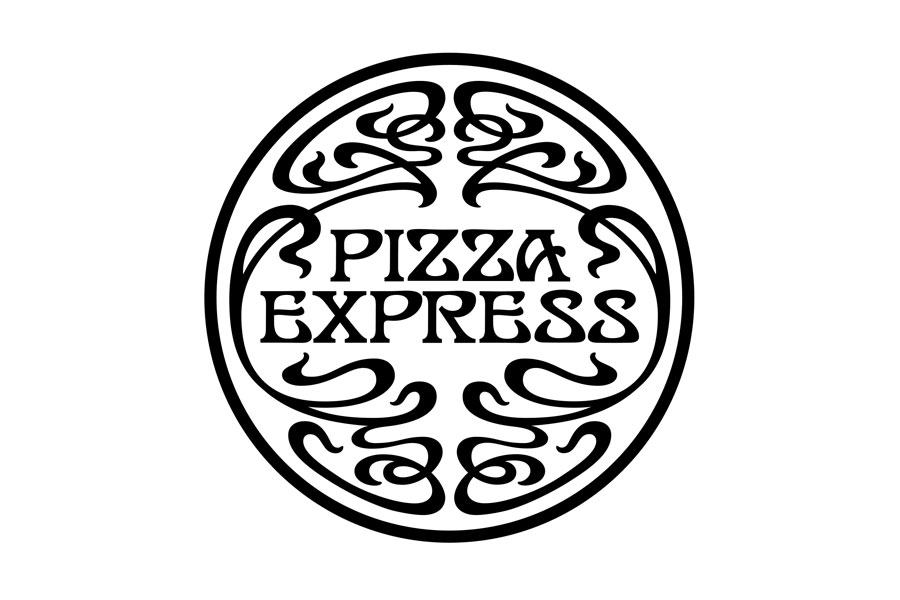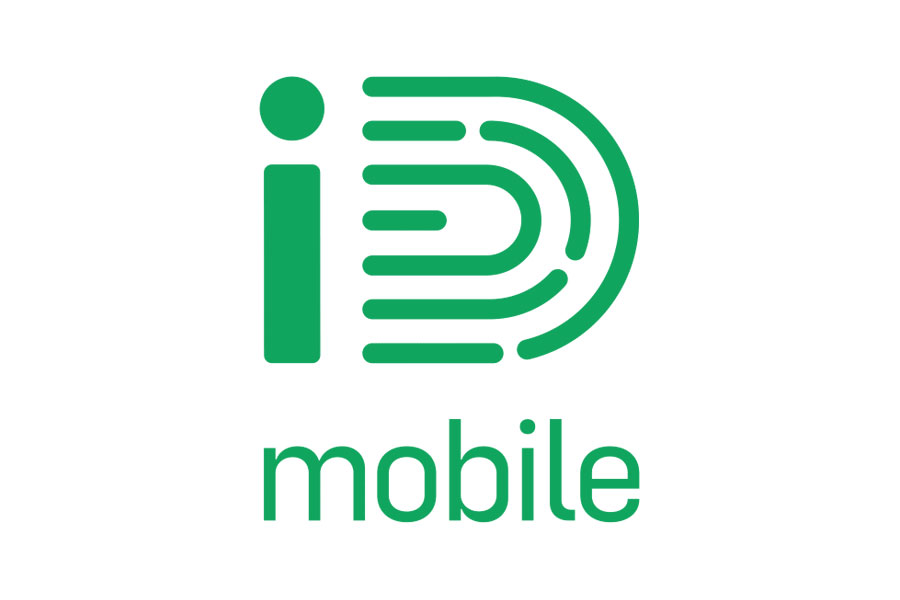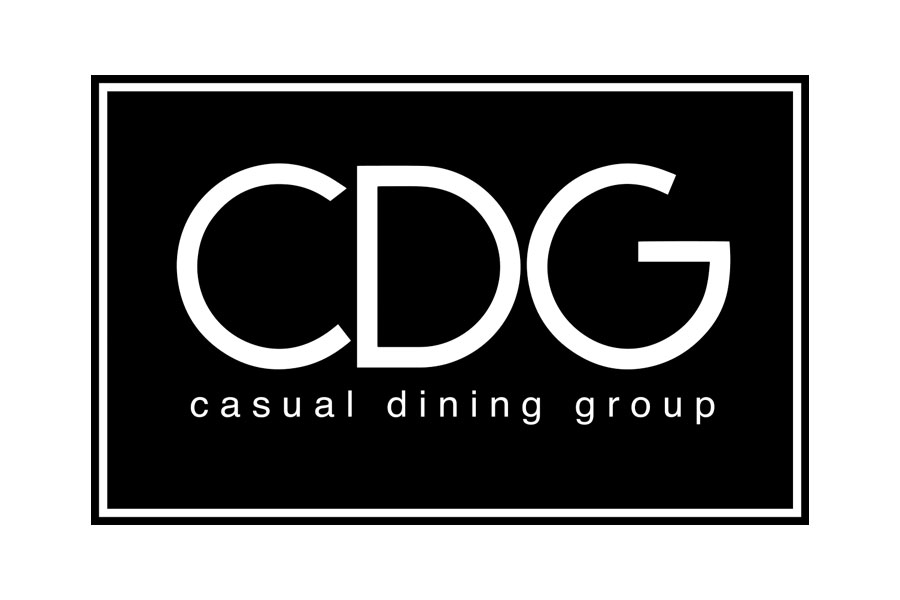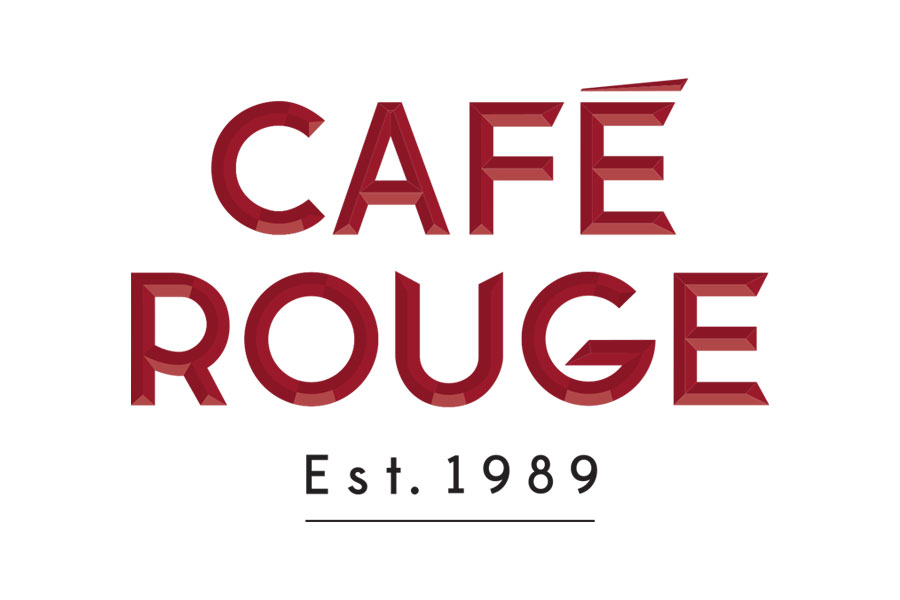In the continually evolving landscape of customer experience (CX) management, contact centre managers and leaders face the critical decision of whether to use single-skilled or multi-skilled agents. This choice significantly impacts training costs, operational efficiency, customer satisfaction, team size, and service quality.
After weighing the pros and cons, we firmly advocate for multi-skilling customer service agents. This approach not only enhances operational efficiency but also significantly boosts customer satisfaction. Below we explain why.
DAPConsultancy.co.uk

DAPConsultancy.co.uk
Why we recommend multi-skill?
Multi-skilling involves training agents to handle a variety of inquiries and tasks. This approach enhances versatility and agility in addressing diverse customer needs. First, it increases operational flexibility by allowing agents to switch between different queues or channels based on demand, thereby reducing idle times and optimising resource use. This flexibility is crucial in modern contact centre’s where customers expect prompt and knowledgeable support.
Additionally, multi-skilling improves the customer experience by decreasing transfer rates and wait times. Agents with broader skill sets can resolve issues more efficiently without needing to escalate or transfer calls, leading to higher first-contact resolution rates and increased customer satisfaction.
From a management perspective, multi-skilling improves workforce management efficiency. It allows for better scheduling and capacity planning, as managers can deploy agents across different queues, channels or even clients based on real-time data and demand forecasts. This proactive approach minimises overstaffing or understaffing, optimising operational costs while maintaining service levels.
DAPConsultancy.co.uk
Why we are against single skill
In my opinion, single skilling restricts agents to specific areas of expertise. While this might initially seem to promote focus, expertise and specialisation, it can lead to inefficiencies when handling diverse inquiries or fluctuating workloads. Single-skilled agents often need to escalate or transfer unfamiliar issues, prolonging resolution times and potentially frustrating customers.
Furthermore, single-skilling limits operational flexibility, making it difficult to adapt to sudden changes in workload distribution or emerging service needs. This rigidity can result in suboptimal resource allocation and increased operational costs over time.
DAPConsultancy.co.uk
Our final thoughts
In conclusion, multi-skilling offers significant advantages over single-skilling in today’s customer-centric environment. By equipping agents with a diverse skill set, organisations enhance operational efficiency, customer satisfaction, and workforce management. Multi-skilling ensures that contact centres remain agile and responsive, capable of meeting the evolving demands of modern customers effectively.
Embracing multi-skilling allows contact centre managers to leverage their workforce strategically, driving positive outcomes across key performance metrics while consistently delivering exceptional customer experiences. Therefore, when debating between single-skill or multi-skill strategies, the evidence strongly supports the latter as the optimal choice for contact centre optimisation and service excellence. Go multi skill your teams.
DAPConsultancy.co.uk
Visit our knowledge base here for more helpful and insightful articles
DAPDAPConsultancy.co.ukCon
If you have enjoyed our articles and found this free knowledge base useful, we would really appreciate a small tip or please buy us a coffee in return. We rely on these tips to keep the knowledge base free and to keep us going. Please click here and thanks so much.
DAPDAPConsultancy.co.ukCoKO-FI YES



